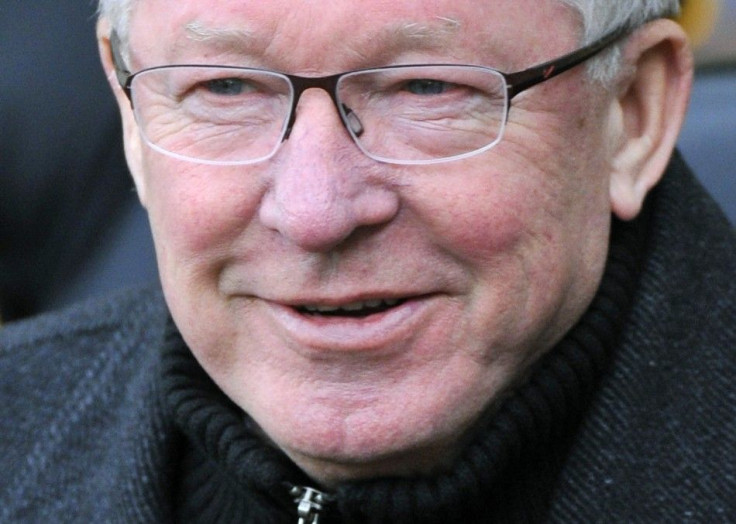Sir Alex Ferguson Vs. Patrick Vieira: Are Manchester United Favored By Referees?

As inevitable as the clocks going forward, Spring has once again beckoned the annual war of words in the Premier League title race.
The current sparring subject, in what is surely a mere sparring session for the tussles to come, concerns Manchester City football development executive Patrick Vieira appearing to suggest that Manchester United were getting the benefit of refereeing decisions.
When United play at home they get some advantage that other teams don't get, Vieira said, according to the Guardian.
This is the way it is. It's something the teams who are used to winning get all the time. We need to win games so we have this advantage in the future.
The comments were made following referee Michael Oliver's failure to award a penalty against Manchester United for a foul by Michael Carrick on Fulham's Danny Murphy during the league leaders' 1-0 victory on Monday.
Although Vieira later reacted angrily saying his words had been taken out of context and, in a move straight out of Sir Alex Ferguson's playbook, Manchester City banned the BBC reporter who conducted the interviewer from the club, the fire had been ignited.
Ferguson responded by claiming that decisions even out over the course of the season. You win some you lose some.
Both the arguments of Vieira and Ferguson are frequently used by fans, pundits, players and coaches, but which better reflects the truth about referees' impact on soccer?
First of all, to the question of whether big side's get an advantage in penalty decisions when playing at home.
In response to Vieira's comments, EuroSport decided to produce a graphic comparing the number of penalties given home and away to the big sides in the Premier League in the past four seasons.
Using the data, which shows that the big teams get more penalties at home than away, Eurosport appears to support Vieira's assertions.
But these statistics, for the most part, are easily explained by the fact that, in the vast majority of cases, teams score more goals at home than away. The big sides, in particular, are also in the attacking third more at home than away, which naturally results in greater opportunities for penalties to be given.
It is a similar explanation that reasons why big clubs get more penalties than other teams. Penalties arise from having the ball in the opponent's box and clearly the best teams do that far more than teams at the bottom-end of the table.
There is no great conspiracy here, it's just a simple matter of the big sides being better, even more so at home than away, than their opponents.
To clarify the point, as Simon Kuper and Stefan Szymanski point out in their excellent book Soccernomics--with extensive statistics over four years from 2002-2006--penalties have no impact over the long run on whether favorites win or not.
Sir Alex Ferguson's comment that decisions even themselves out is more difficult to evaluate. In a title race where every point, every goal can be crucial, it is only natural to reason that refereeing decisions can have an impact on the race.
If Manchester City are denied a clear penalty in the dying seconds at the Etihad next month in what may well be the title-decided against Manchester United, then of course the referee will be been seen as affecting the outcome on the season.
In one-off matches, with everything on the line, a refereeing error just like a fumble by a goalkeeper can be crucial. But over a long enough period of time refereeing decision do in fact balance out.
In fact, that adage appears to be true this season, with erroneous decisions balancing themselves out for both City and United, according to the Guardian.
All of which does not mean Vieira is necessarily trying to have a dig at United. There has been a common perception that referees have favored United for the best part of two decades, incidentally ever since they started being successful, and thus every time something happens that appears to corroborate with this argument it sticks out.
But just like all the so-called mind games that will be played out between City and United between now and the season's climax, the officials are unlikely to have any significant impact on the title race. In the end the best team will be the one holding the trophy aloft come May.
© Copyright IBTimes 2025. All rights reserved.





















